Restorative Dentistry, Implant Dentistry
What You Should Know About Dental Implants
We get it—considering a dental implant can feel intimidating. After all, you’re choosing something that will become part of your body for a long time. That’s a big deal! But before you panic, let’s take a step back and look at what this procedure is all about and why so many people are opting for it. In this blog, we’ll answer some of the most common questions people ask about dental implants, address common fears, and give you a clearer idea of what to expect. By the end, you’ll see that the process, while certainly a commitment, can be incredibly rewarding. And don’t worry, if you have questions about other procedures, like a root canal, we can help you with that, too.
What Exactly Are Dental Implants?
A dental implant is typically a small titanium post that’s surgically inserted into your jawbone. This post acts like an artificial tooth root. Once it’s placed, it will fuse with your bone over time—a process known as osseointegration. Then, a custom-made crown is attached on top. The result? A realistic-looking replacement tooth that feels quite similar to the real thing in function and appearance.
If you’ve ever worried that replacing a tooth means you’ll end up with a “fake” smile, breathe easy. Modern dental technology has come a long way. Implants are designed to look natural and blend seamlessly with your existing teeth, so most people will never suspect you have one. Even more importantly, they’re durable enough to let you bite into that crisp apple or chew that delicious steak without a second thought.
Why Do People Choose Implants?
Every person has a unique reason for deciding on a dental implant, but a few factors remain universal. For one, missing or severely damaged teeth can affect your confidence. The gap in your smile might make you self-conscious when you’re in social situations. For others, it’s a matter of function—chewing with a missing tooth can be challenging, and it may even impact the alignment of surrounding teeth.
Some people wonder if a root canal or a bridge is an option, but that really depends on the condition of the remaining tooth structure. If a tooth is badly compromised, a root canal might not be feasible, and an implant could be the next best choice. On the other hand, for some patients, a root canal is indeed the perfect solution. It’s all about talking to your dentist and seeing what works best for your specific case.
How Painful Is a Dental Implant?
Let’s jump into a question that tops the list for many folks:
“How painful is a dental implant?”
In truth, “pain” is a strong word. Most patients describe the experience more as discomfort or pressure during and after surgery, rather than outright pain. Your dentist will typically numb the area, so you won’t feel any sharp sensations while the procedure is being done. You might feel a bit of pressure when they’re creating space in the jawbone for the implant, but it’s usually manageable.
After the procedure, you may experience mild soreness or swelling for a few days. Over-the-counter painkillers (or prescription medication, if necessary) usually do the trick for managing any lingering discomfort. A lot of patients even report that the experience is comparable to a more routine procedure, like having a filling done—mildly annoying but not something to lose sleep over.
And don’t forget, your dentist’s top priority is your comfort. At Vartanian Dental Group, for example, we aim to be as gentle as possible and will walk you through post-op care tips to ensure you heal quickly and smoothly.
Pro Tip: Stick to softer foods during the healing phase. Think mashed potatoes, yogurt, pasta, or gently cooked vegetables. That way, you’re not putting extra pressure on your implant site. Once you heal, you’ll be free to enjoy most foods with ease.
How Long Does an Implant Last?
Another huge question people commonly ask is:
“How long does an implant last?”
When cared for properly, an implant can last a very long time—often well over a decade, and in many cases for the rest of your life. The titanium post fuses with your jawbone, creating a solid foundation that is extremely durable. The crown itself might need a replacement after a certain number of years if it shows wear and tear, but that’s much like getting a retouch on your fillings or changing out an old dental crown.
The real secret to making your implant last isn’t rocket science. It’s regular brushing, flossing, and dental checkups—basically what you should already be doing for your natural teeth. Bacteria and plaque can build up around an implant the same way they do around real teeth. That’s why maintaining good oral hygiene habits is essential.
Extra Tip: Consider investing in an electric toothbrush and use an antibacterial mouthwash. It might sound simple, but these little lifestyle choices add up in a big way over the years.
What Is the Downside of Dental Implants?
Despite all the perks of dental implants, it’s good to be informed about potential drawbacks. This leads to the next popular question:
“What is the downside of dental implants?”
Like any surgical procedure, dental implants do carry some risks. Here are a few you should keep in mind:
1. Time Commitment:
The entire implant process can take several months. First, the implant is placed, and then it needs time to bond with your jawbone. After you’ve healed, the crown is attached. While this waiting period is crucial for long-term success, some people find the timeline a bit long.
2. Cost:
Dental implants can be more expensive than other tooth-replacement options, such as dentures or bridges. However, when you think of the long-term benefits—durability, stability, and the potential for a life-long solution—many consider it a worthwhile investment. Plus, financing options and insurance coverage might lighten the financial load.
3. Surgical Risks:
Though rare, implants do carry a slight risk of infection, nerve damage, or sinus issues if placed incorrectly in the upper jaw. Choosing a qualified dental professional like those at Vartanian Dental Group can significantly reduce these risks.
4. Not for Everyone:
Not everyone is a suitable candidate. You need adequate bone density, healthy gums, and generally good oral health. Smokers, people with chronic diseases, or those who have had radiation therapy to the head and neck area may have more complicated healing processes.
Ultimately, the downsides don’t overshadow the benefits for most patients. But it’s still important to discuss your medical history and any concerns with your dentist to ensure you’re a good candidate.
Tips for Smooth Healing and Success
Follow Instructions: After your dental implant procedure, your dentist will give you a set of aftercare instructions. Read them carefully and follow them to the letter—these aren’t random suggestions but carefully tailored guidelines to help ensure a smooth recovery.
Manage Discomfort: If you’re feeling sore, use over-the-counter pain medication or any prescription meds your dentist provides. Ice packs can also help reduce swelling if applied intermittently in the first 24-48 hours.
Keep It Clean: Good oral hygiene is non-negotiable. Gently brush around the implant site, use a mild mouth rinse if recommended, and floss carefully.
Stay Hydrated and Eat Soft Foods: Drinking plenty of water helps keep your mouth clean and speeds up healing. Soft foods for the first few days will give your implant site time to recover without additional stress.
Avoid Tobacco and Alcohol (If Possible): Both smoking and excessive alcohol consumption can slow down the healing process and increase the risk of implant failure.
Stay in Touch with Your Dentist: Regular check-ins allow your dentist to monitor healing and address any concerns early on. If something feels off—like persistent swelling or pain that doesn’t go away—don’t hesitate to call.
Wrapping It All Up
Choosing to get a dental implant is a major decision, one that can significantly impact your daily life in a positive way. Yes, it’s a surgical procedure, and yes, it requires an investment of time, money, and patience. But for many, the benefits far outweigh the drawbacks. Having a tooth (or teeth) that look, feel, and function just like the real thing can be a game-changer for both your oral health and your self-confidence.
And remember, if you’re exploring other options like a root canal, that might be the right path for you instead—or as an additional treatment. The best way to know for sure is to schedule an appointment, talk to a professional, and go over your individual needs and concerns in detail.
At Vartanian Dental Group, we’re here to support you through every step, from the initial consultation all the way to your confident new smile. We understand that every smile is unique, and we pride ourselves on a friendly, personable approach that still maintains the highest professional standards.
Are you ready to take the next step toward a healthier, more confident you? Reach out to Vartanian Dental Group today and schedule an appointment. Together, we’ll discuss your options, set realistic expectations, and figure out the best way forward. Your smile is more than just a set of teeth—it’s a big part of who you are. Let us help you make it the best it can be.

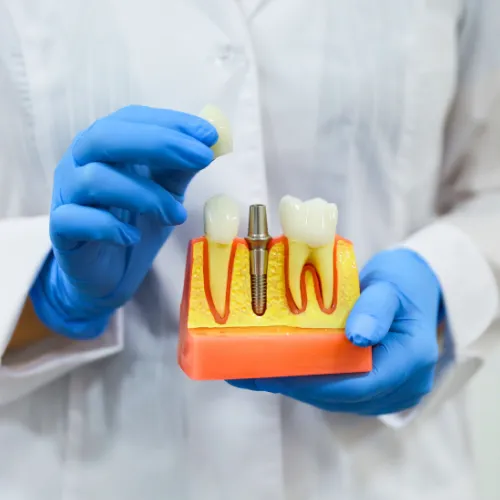

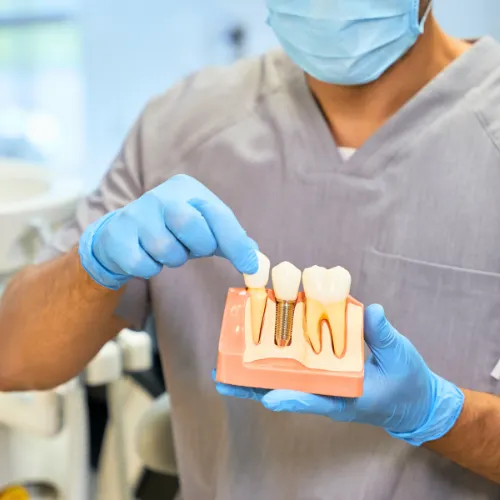

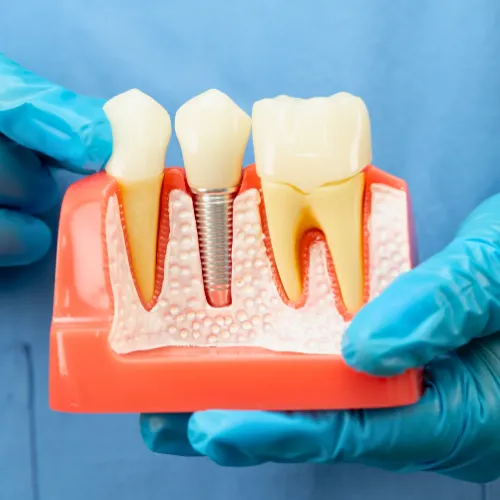

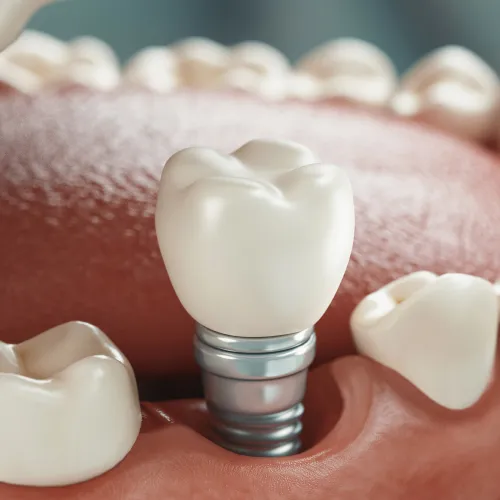
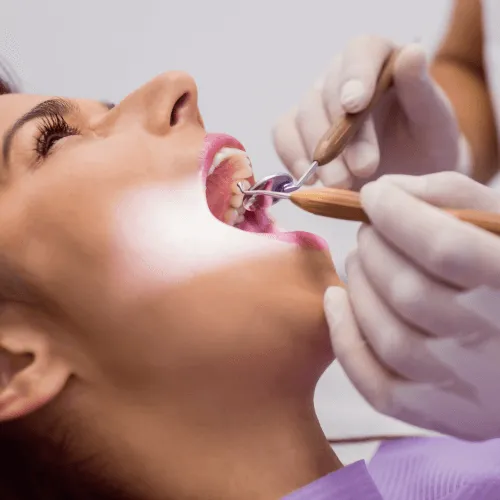
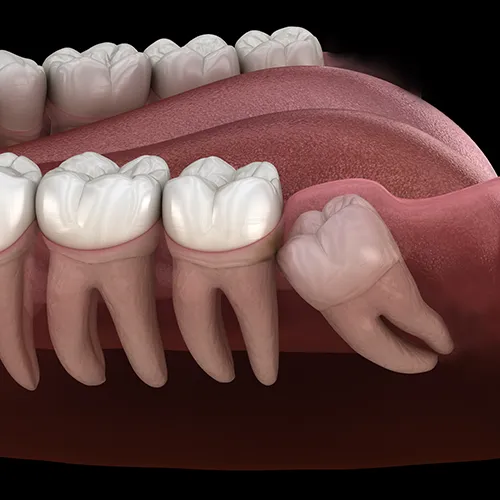

























Best smiles Mission Viejo, CA
#VartanianDentalGroup
Check us out and follow our accounts on the following social media platforms for more healthy smiles....